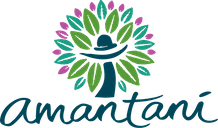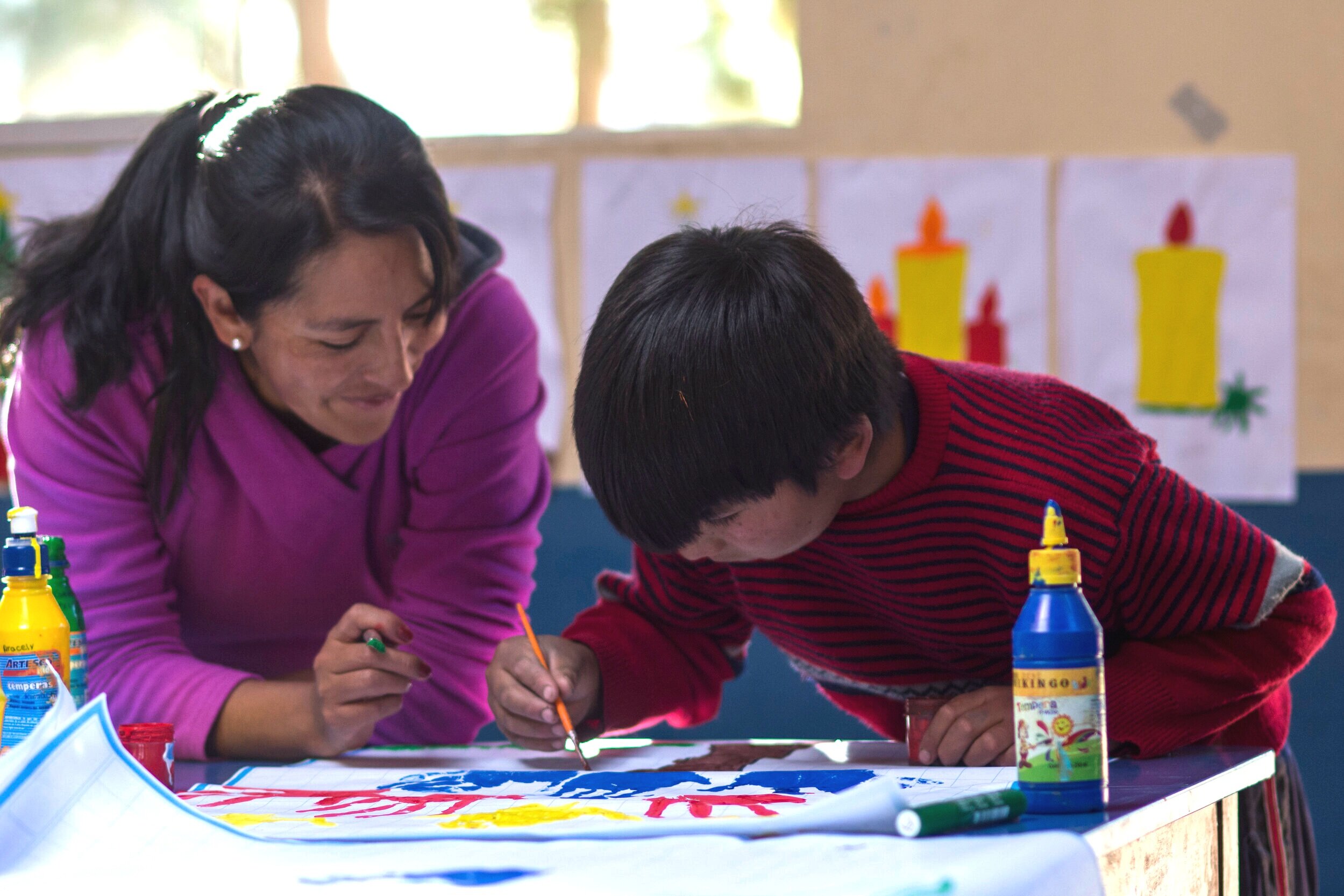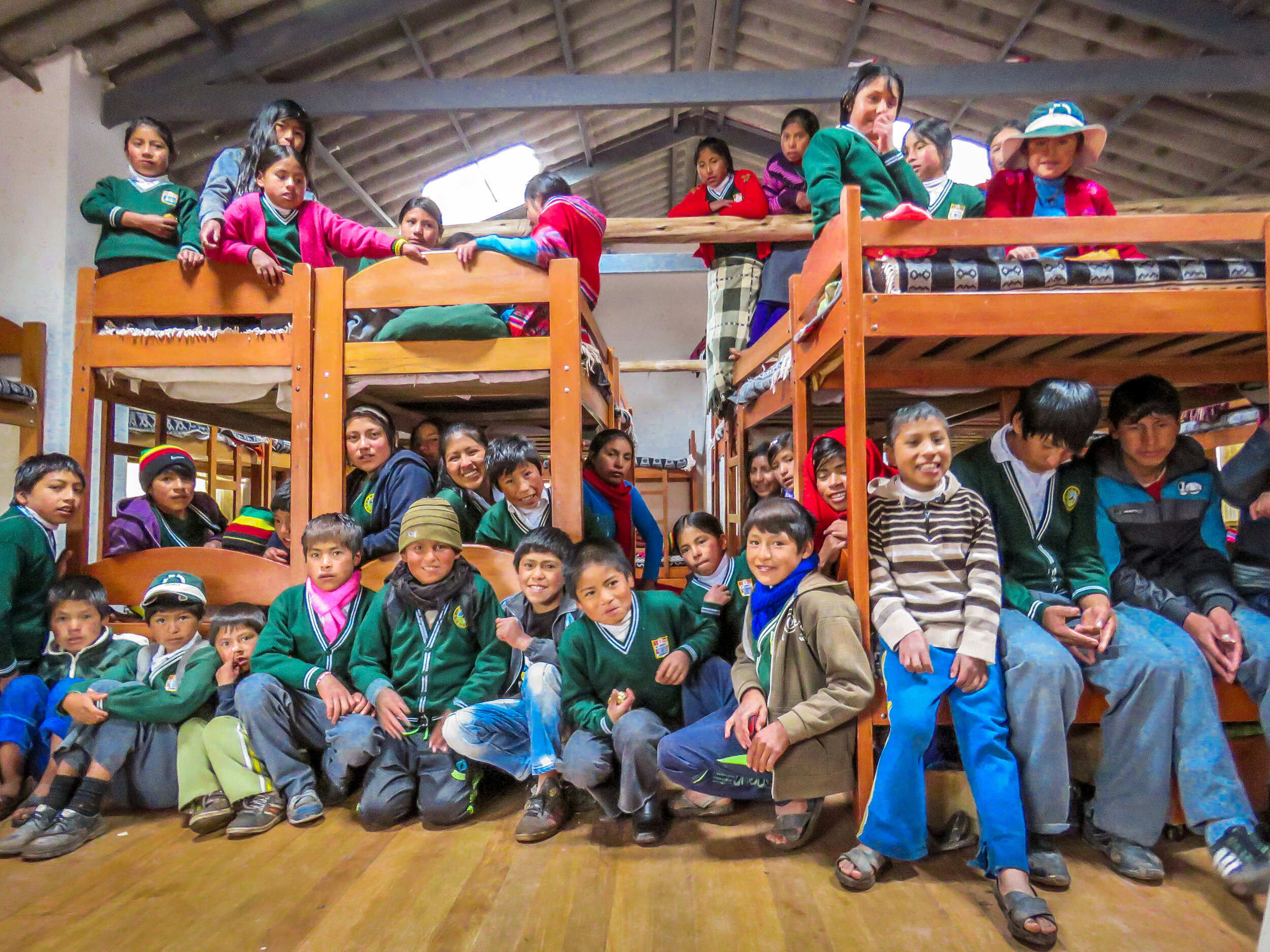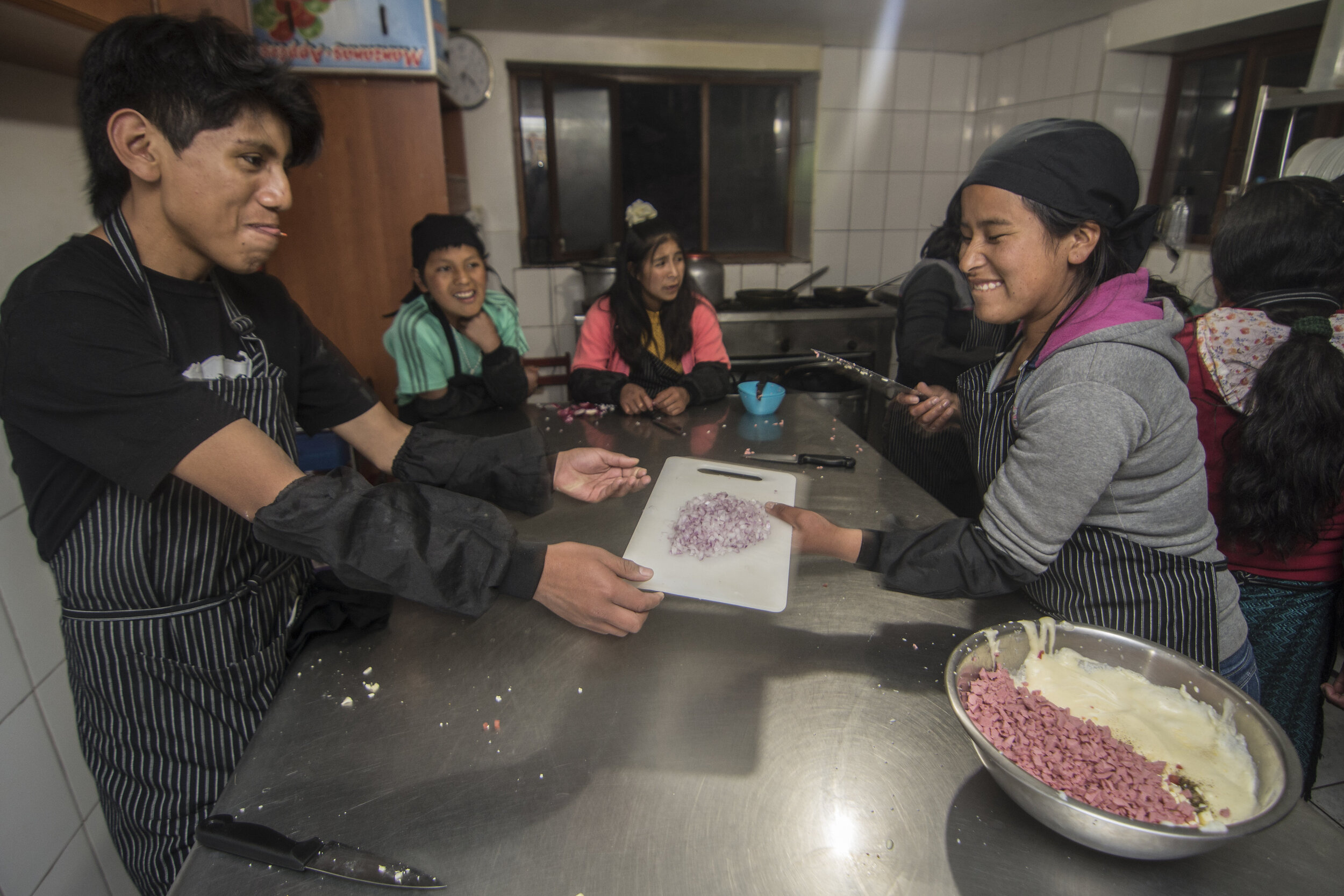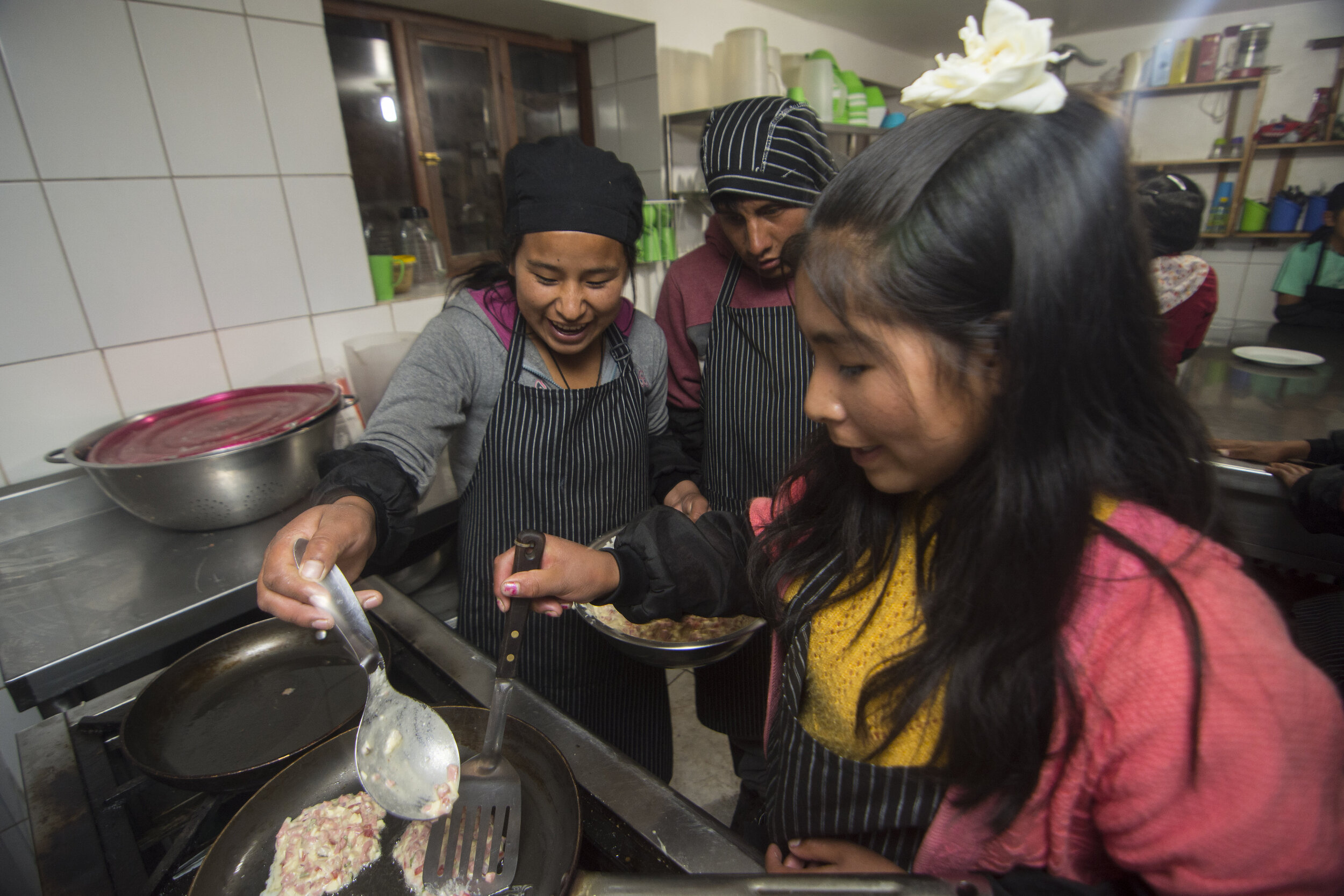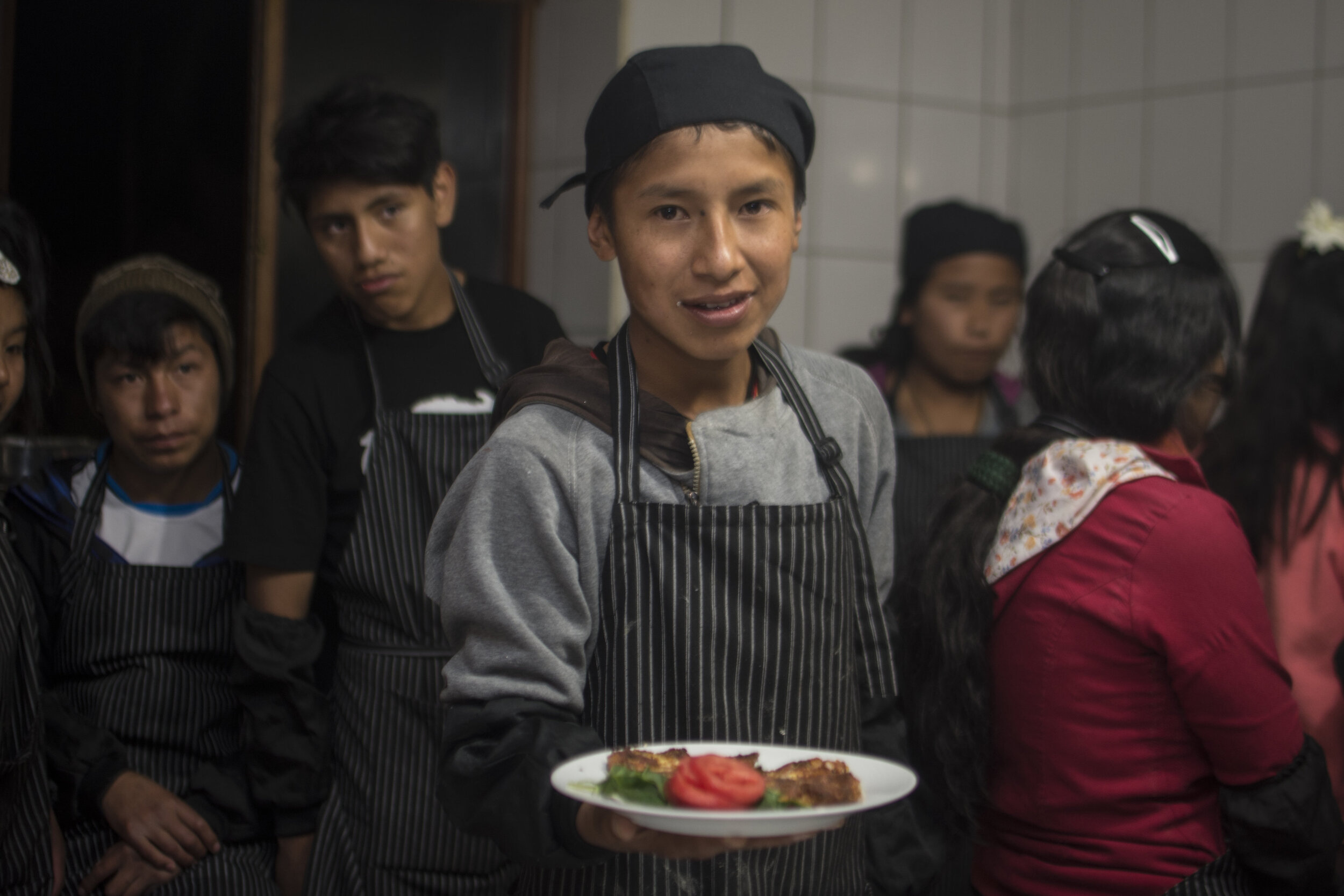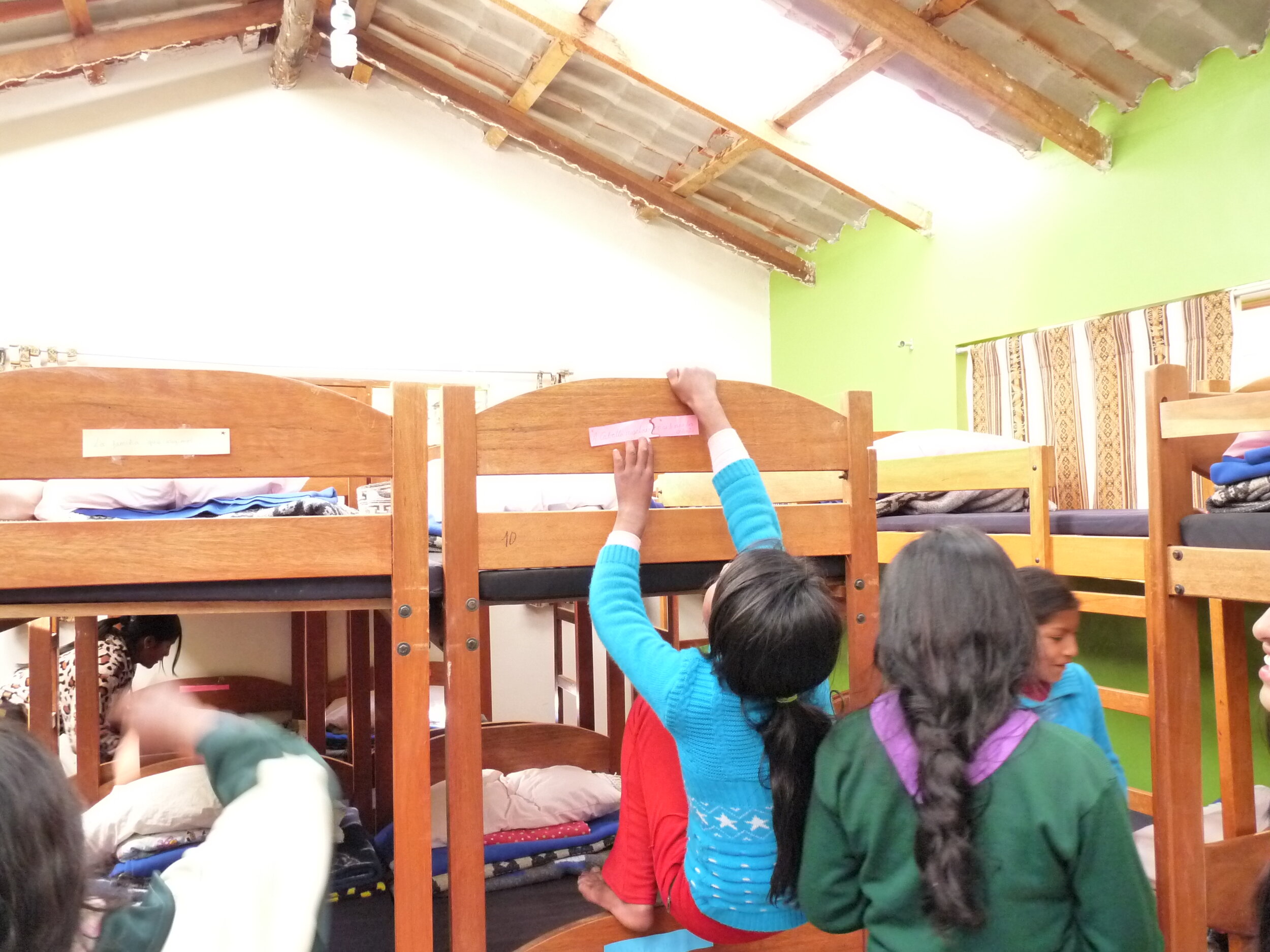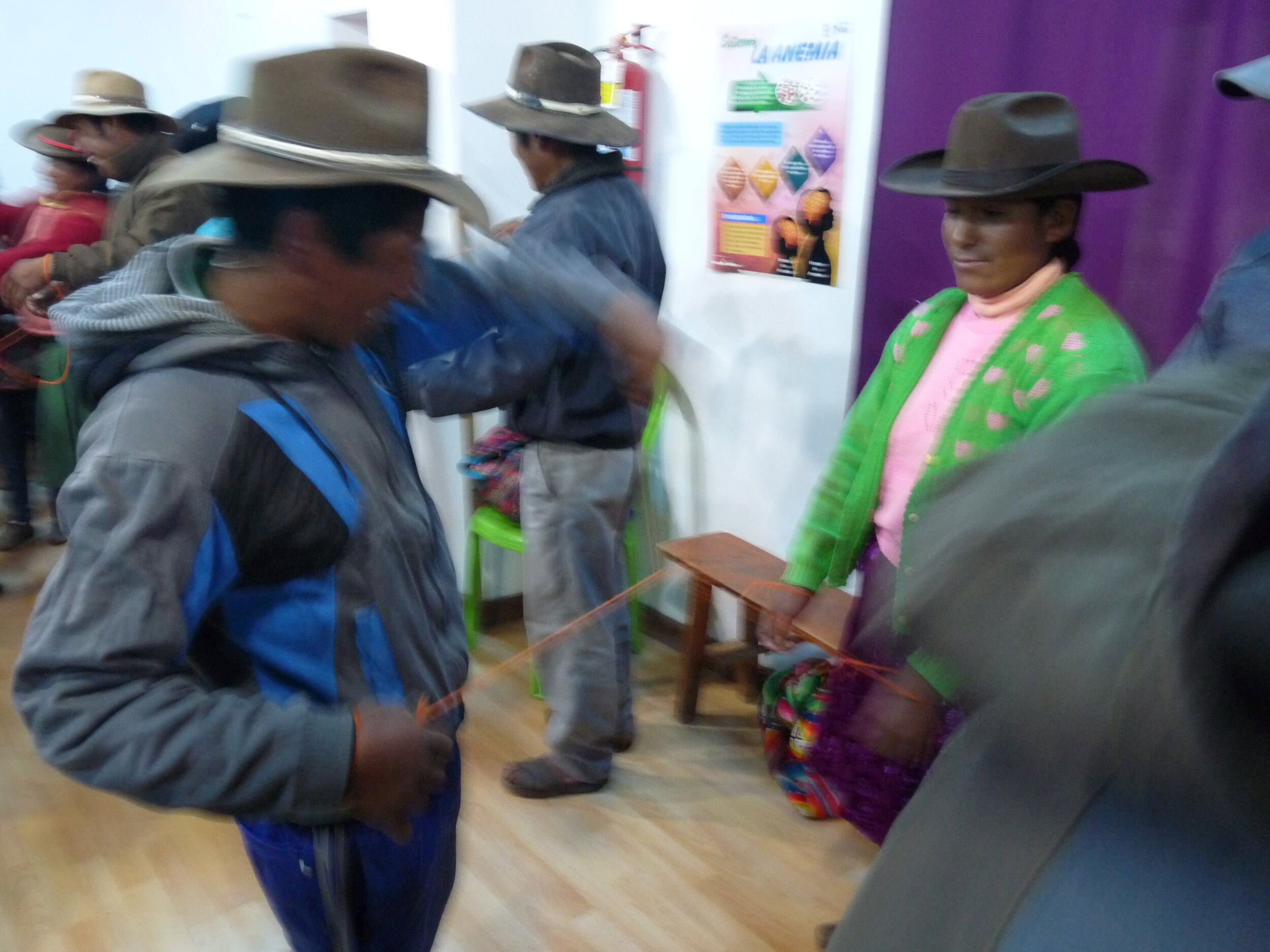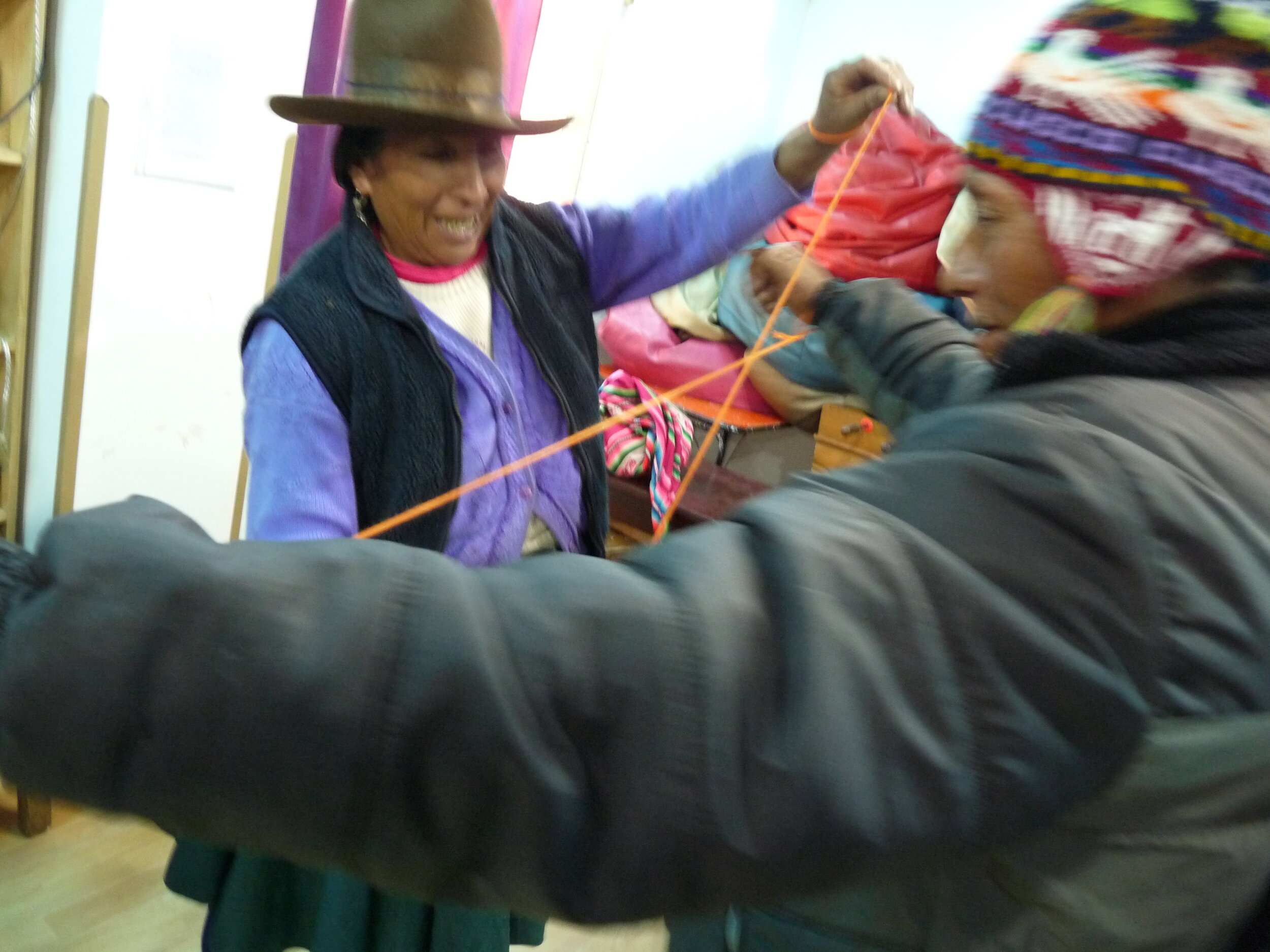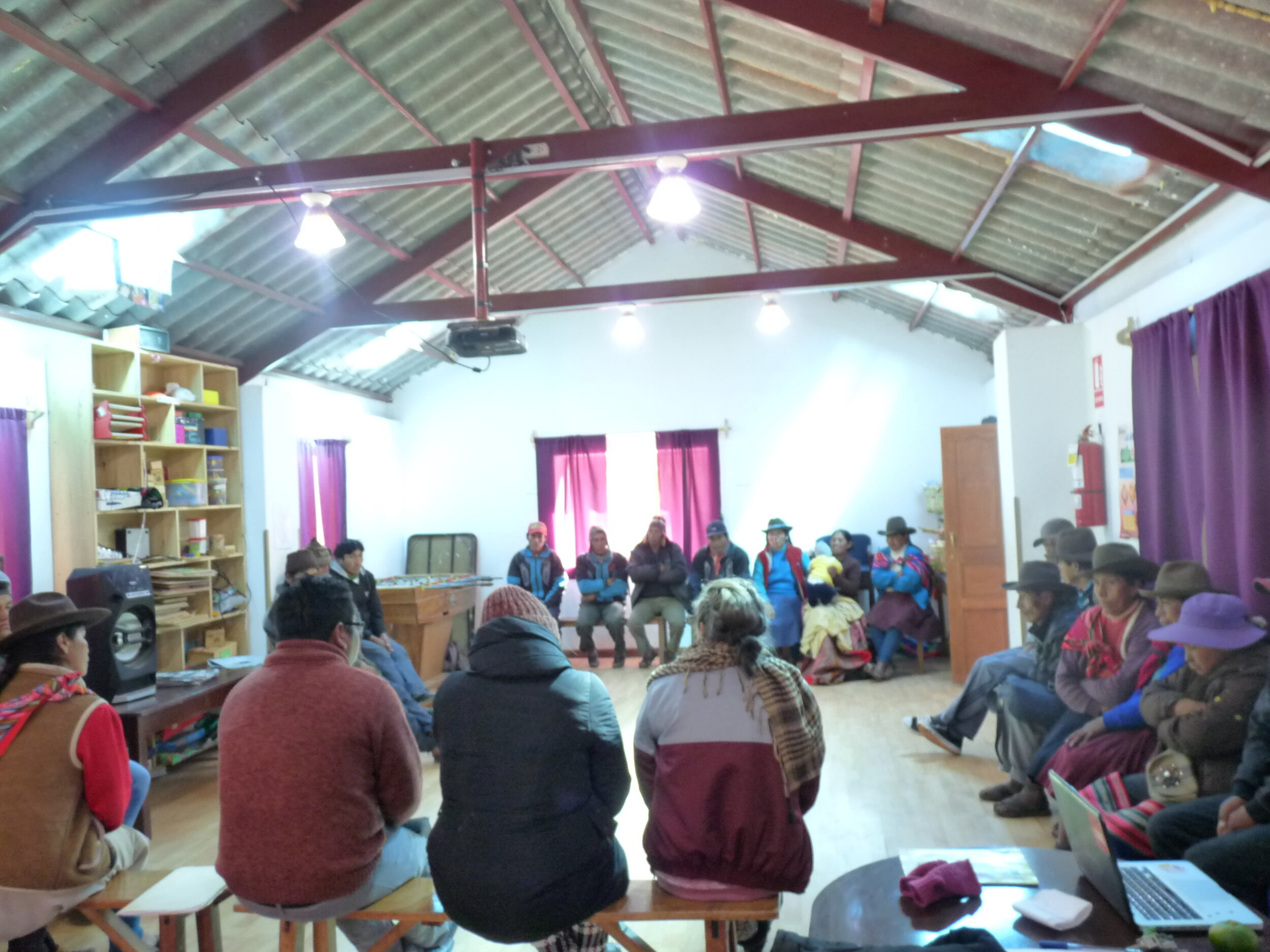bOARDING HOUSES MONITORING PROGRAMME
What we are doing
We supervise the participant’s academic journeys and general well-being. In normal circumstances, we make periodic visits to the homes of the participants and talk to their families. Nonetheless, this year, due to COVID-19 we have not been able to do so. Instead, we have been communicating with the participant’s study centres, making sure they are still studying and are staying safe. Our tutors also talk to the young people remotely through the use of Smartphones.
Why it is important
When our Boarding Houses Project finished, we decided to implement this programme in order to continue supporting the participants in their life journeys. Even though some participants decided to take independent paths in Lima, or decided to pause their academic journeys, we were still able to stay in touch with many of them. We also have a small group of participants who are more vulnerable and who we supervise more closely due to greater challenges at home.
Summary and objectives
- Support the young people’s academic journeys.
- Ensure the participant’s well being.
- Status: Current
- Date: March 2019 - present
- Participants: 25 young people aged between 12-18 years old
- Location: Ccorca, Peru
BOARDING HOUSES
What we did
The Boarding Houses were created with the purpose of giving the most disadvantaged children in Ccorca a place to stay near to school. In the morning, the children attended their school as normal and in the afternoon, instead of walking home, they came to the Boarding Houses where they stayed for four nights per week. By staying with us, each child saved an average of 737 hours of walking per year. That time was then spent attending workshops and classes designed to support their schoolwork, ensuring the children achieved the most from their education. These workshops included Literacy & Numeracy Classes, ICT Training, Sexual Health & Personal Development Workshops. Additionally, children received individual psychological support and parents were invited to attend training workshops and family mediation.
Why it was important
In 2008, only 49% of primary school children in Cusco were able to understand what they read as access to education in rural areas of Peru was (and continues to be) notoriously problematic. When the project started, children from as young as seven had to walk for up to eight hours each day to get to and from school.
Additionally, Ccorca was (and continues to be, in a smaller proportion) host to many of the problems associated with disenfranchised indigenous communities, including alcoholism, domestic violence and sexual abuse. This represents a fundamental challenge to the young people’s healthy development, and is the cause of many psychological issues, including low self-esteem, self-harm, body dysmorphia and sexual problems.
- Support young people to acquire key knowledge and life-skills for further education and employability.
- Status: Finished
- Date: May 2008 - 2018
- Participants: An average of 40 children aged between 7 -18 years old
- Location: Ccorca, Peru
Background information
Since 2018, more than 350 children participated in the project. In this time, we strengthened our ties with the community and were able to reach more than 1,000 children from across Ccorca through our outreach projects.
When the Boarding Houses first began, the aim was to ensure children could access education by avoiding having to walk up to 8 hours each day to reach school. In 2007, there were just 35 students in the local secondary school and only two students graduated at the end of the year. In 2018, Ccorca’s secondary school boasted 225 pupils and 40 young people graduated in December. Additionally, following a campaign led by Amantani, the school was recognised as an official secondary school. This new status enabled the school to attract more resources including infrastructure and teaching staff - the school now benefits from 18 members of teaching staff and an extended timetable, which runs from 08.30 to 16.30. These developments in the district’s secondary school are indicative of wider advancements in Ccorca, including a significant improvement of the district’s public transport which means that from 2019, the students of Ccorca are now able to access school largely thanks mini-buses and lorries.
Over the last few years, we worked with the community and the children’s parents in order to assess how we can best adapt to these changing needs. Together, we decided that 2018 was to be the last year that the Boarding Houses operated in their current format, and that instead, Amantani can be of most use in Ccorca by focusing on the emerging need for transitional support for secondary school leavers aiming to access further education. From 2019, we began to use Amantani’s Campus in Ccorca to extend the reach of our Pathways Programme. For the first time, this group has included young people from the neighbouring district of Huanoquite. We are seeing this project grow, both in terms of geographical scope as well as scale.
